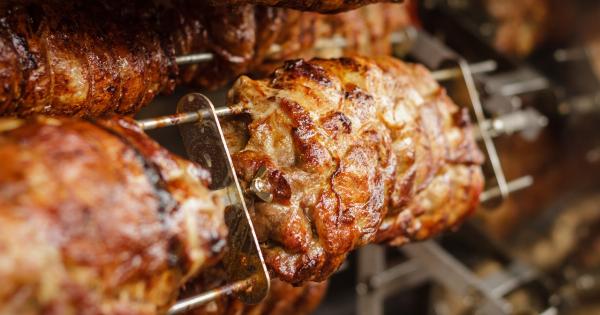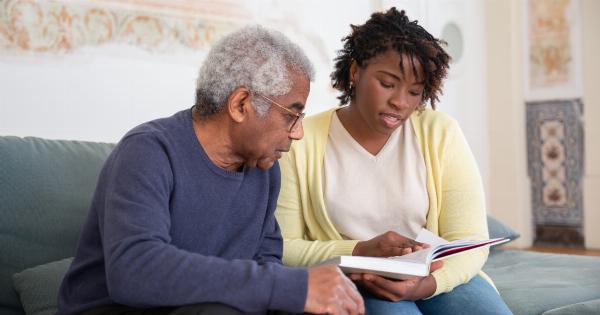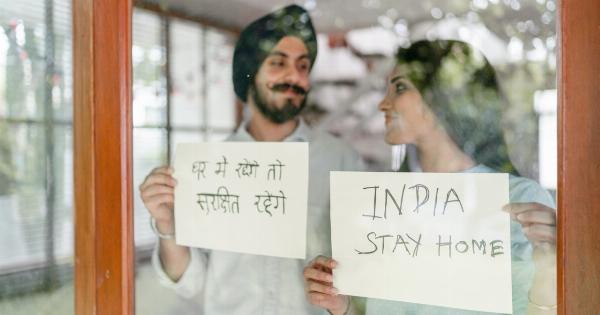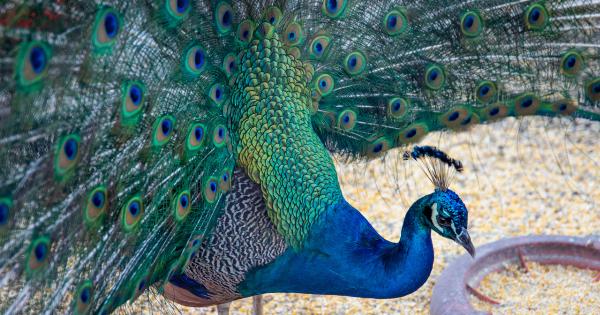Have you ever found yourself indulging in a big meal after experiencing an unexpected surprise? You are not alone! Many people experience the urge to overeat after being surprised.
In this article, we will explore the correlation between surprise and overeating and offer some insights into why we tend to overeat in these situations.
The Science behind Overeating
Overeating can be influenced by various factors such as genetics, environment, and emotions. When we eat, our brain releases the hormone dopamine, which creates feelings of pleasure and satisfaction.
The problem of overeating arises when our brain demands more dopamine to achieve the same level of satisfaction, leading us to eat more food than we need.
The Relationship between Surprise and Overeating
It’s no secret that our emotions can massively impact our eating tendencies, and surprise is no exception. When we experience something unexpected, our bodies activate a stress response that releases adrenaline.
This response can have various effects on our body, including reducing our appetite and increasing our metabolism. However, once the adrenaline rush has passed, our body craves dopamine-producing foods such as sugar and carbohydrates, which can lead to overeating.
Surprises and Comfort Eating
In addition to dopamine release, emotional eating can also play a role in overeating after a surprise. Surprise can cause stress, and sometimes, stress can lead us to turn to food as a source of comfort.
When faced with a surprise, we may seek out familiar foods that provide us with a sense of security and comfort to cope with the stress. Unfortunately, this comfort eating often leads to overeating and can create a cycle of unhealthy habits.
The Role of Social Norms
The social norms surrounding overeating can also come into play when we are surprised. For example, we may feel pressured to indulge in celebratory foods or feasts that are a customary part of certain occasions such as birthdays or holidays.
Additionally, others around us may encourage or even pressure us to eat more, causing us to overeat in response to social cues.
Coping with Surprise and Overeating
To overcome the tendency to overeat after a surprise, we must learn how to cope with our emotions healthily.
Instead of turning to food as a source of comfort, we can explore alternative ways to cope with stress such as going for a walk, meditating, or talking to a friend. Practicing mindfulness while eating can also help us slow down and pay attention to our body’s signals so that we can avoid overeating.
Finally, it’s essential to acknowledge the social cues and expectations surrounding overeating and to make a conscious effort to make healthy choices instead.
Conclusion
Overall, surprise and overeating have a complex relationship that is influenced by various factors such as emotions, social norms, and physiological responses.
While it’s normal to indulge in a treat every once in a while, overeating can have serious health consequences and should be avoided whenever possible. By understanding the relationship between surprise and overeating, we can take steps to break the cycle and develop healthier habits.






























